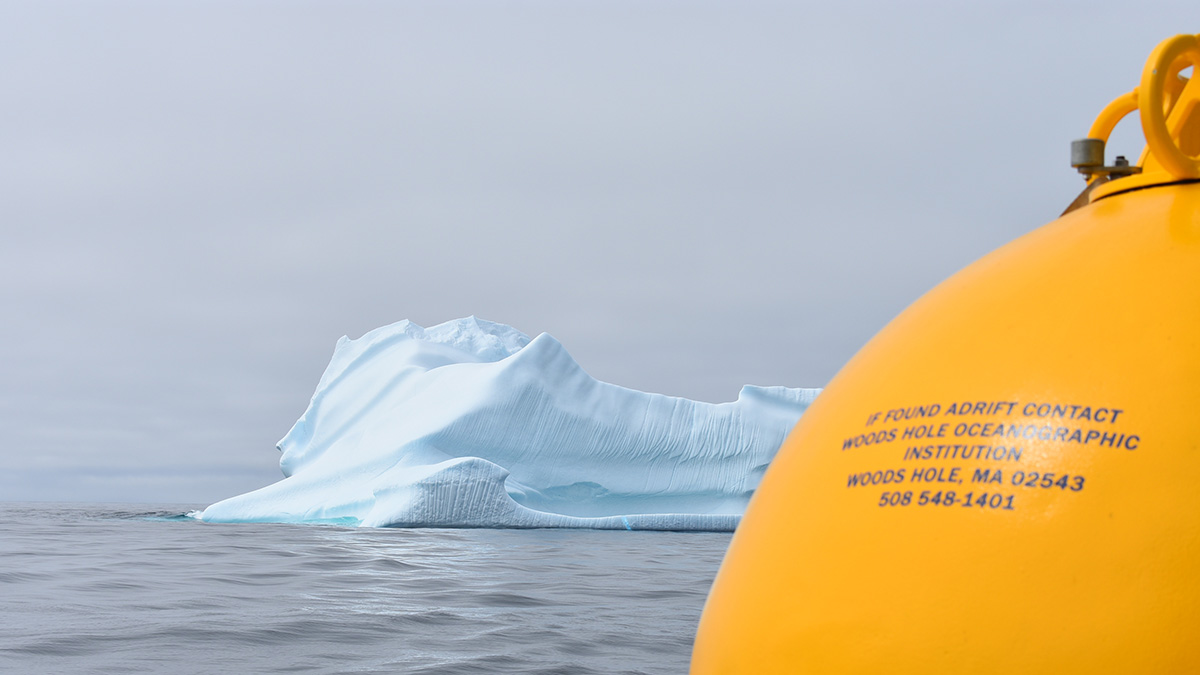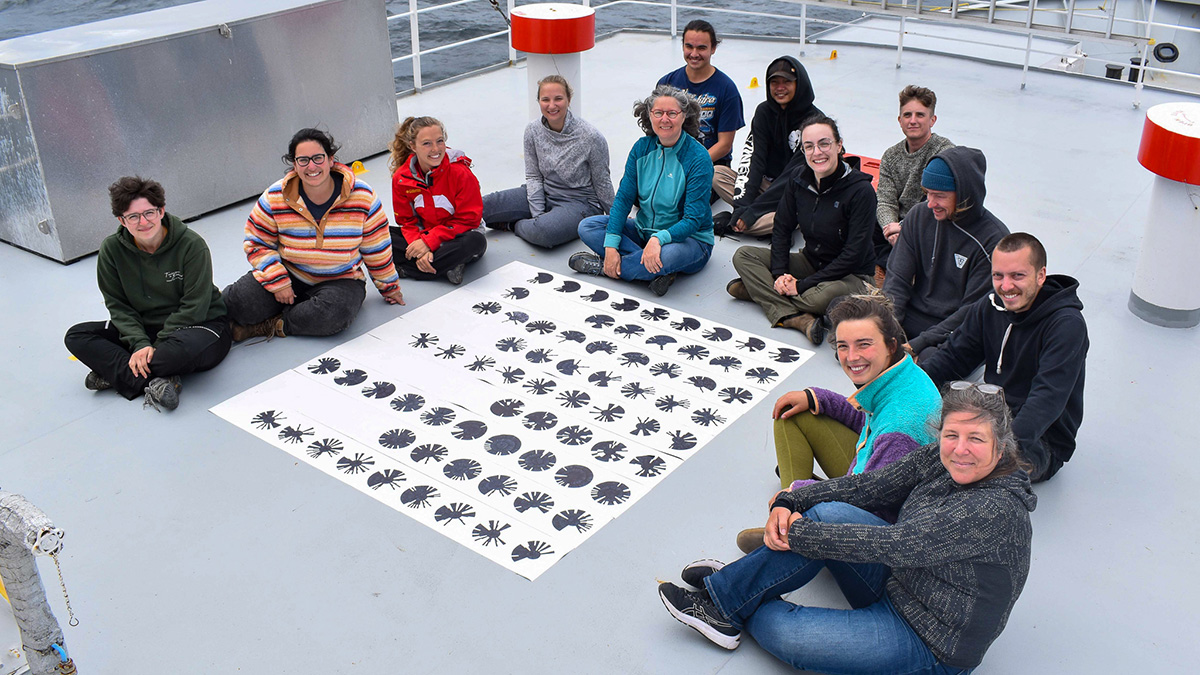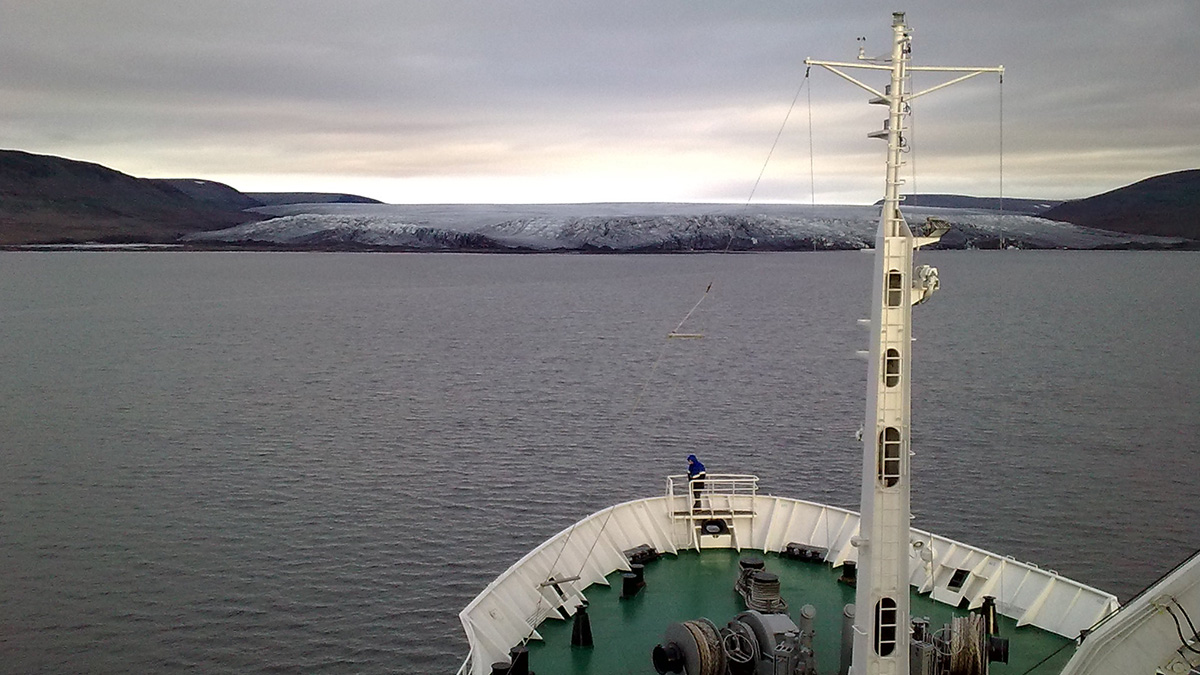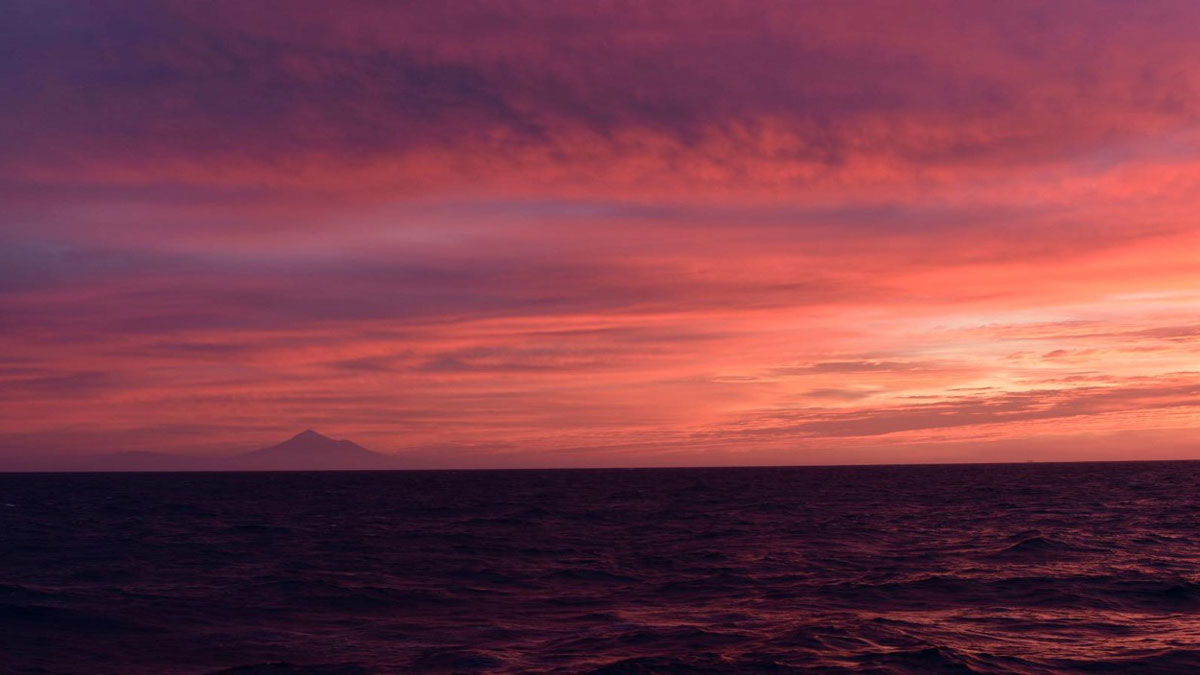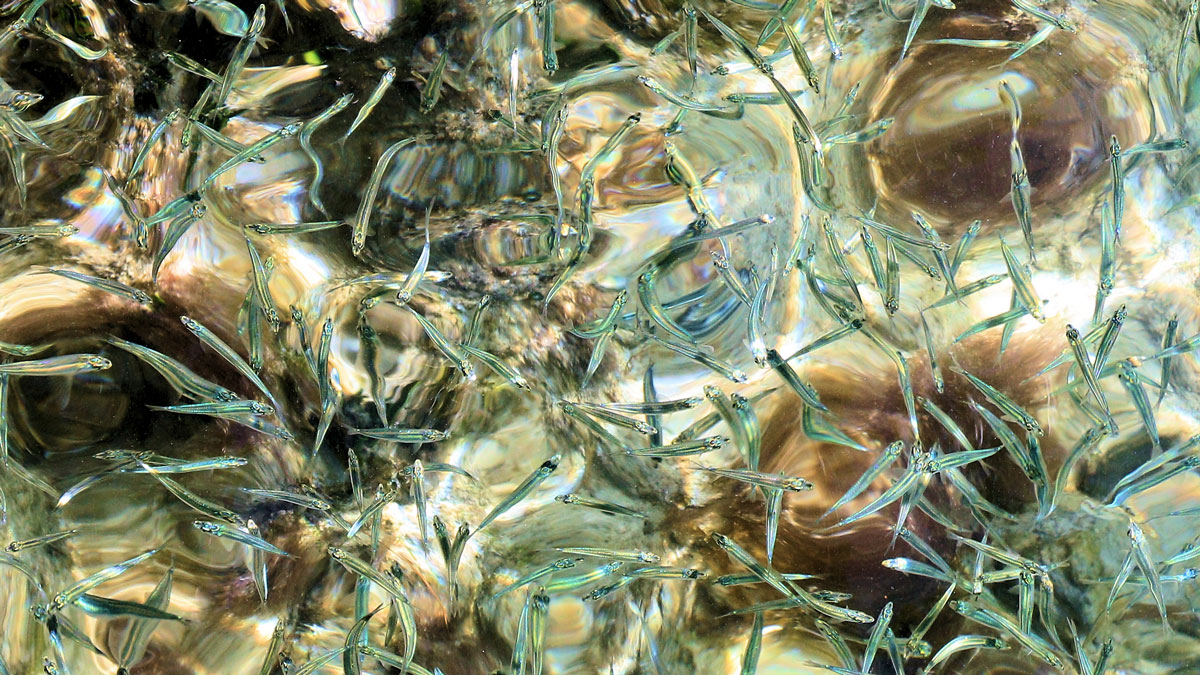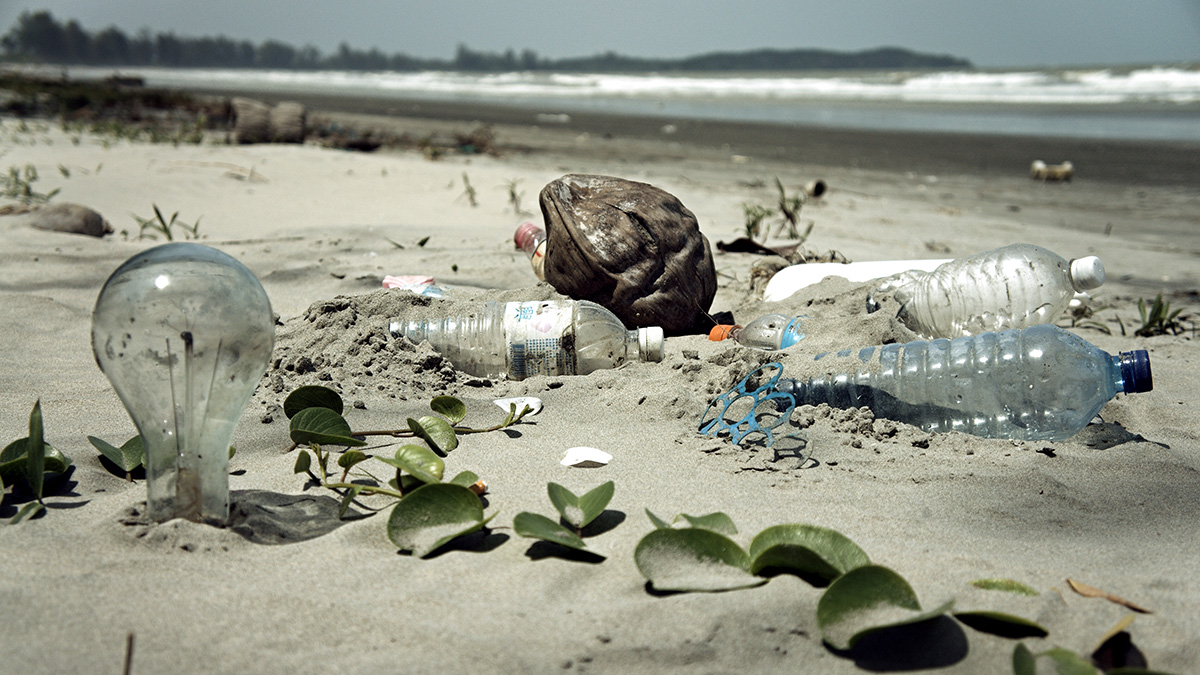Researchers found phytoplankton hidden on the Arctic seafloor, hinting at a cascade of effects on the local ecology and carbon cycle.
research at sea
When Winds and Currents Align, Ocean Mixing Goes Deep
Slantwise convection in the Irminger Sea off Greenland appears to mix ocean water to deeper depths than previously thought, representing an important contribution to Atlantic overturning.
An Inclusive Approach to Oceangoing Research
The bread and butter of oceanography, sea voyages rarely include minoritized communities and nonscientists. The Inclusion Mission wants to change that.
Arctic Glaciers, a Peruvian Volcano, and a Russian Famine
A team studying Russian glaciers found evidence that a volcanic eruption in southern Peru changed the planet’s climate at the beginning of the 17th century.
Capturing Ocean Turbulence at the Underbelly of Sea Ice
A specially designed instrument enabled researchers in the Arctic to measure turbulence within 1 meter of the interface where ice meets ocean.
“Landslide Graveyard” Holds Clues to Long-Term Tsunami Trends
A new project looks to unearth information about and learn from ancient underwater landslides buried deep beneath the seafloor to support New Zealand’s resilience to natural hazards.
Tiny Creatures May Play a Difficult-to-Detect Role in Ocean Mixing
As an idea that began as a joke, critter-driven ocean mixing has long been controversial. Now scientists have caught spawning anchovies causing turbulence and stirring the sea.
Groundwater Flow May Contribute to Submarine Permafrost Thaw
New, detailed surveys from the Beaufort Sea reveal a seafloor depression the size of a city block associated with permafrost thaw and likely influenced by the movement of groundwater below.
Microscopic Hitchhikers Found on Deep-Sea Plastic
Are bacteria hailing a ride on plastic 2,000 meters deep?
An Unprecedented View Inside a Hurricane
To improve future tropical cyclone forecasts, researchers sent a remotely operated saildrone into the extreme winds and towering waves around the eye of a category 4 hurricane.


